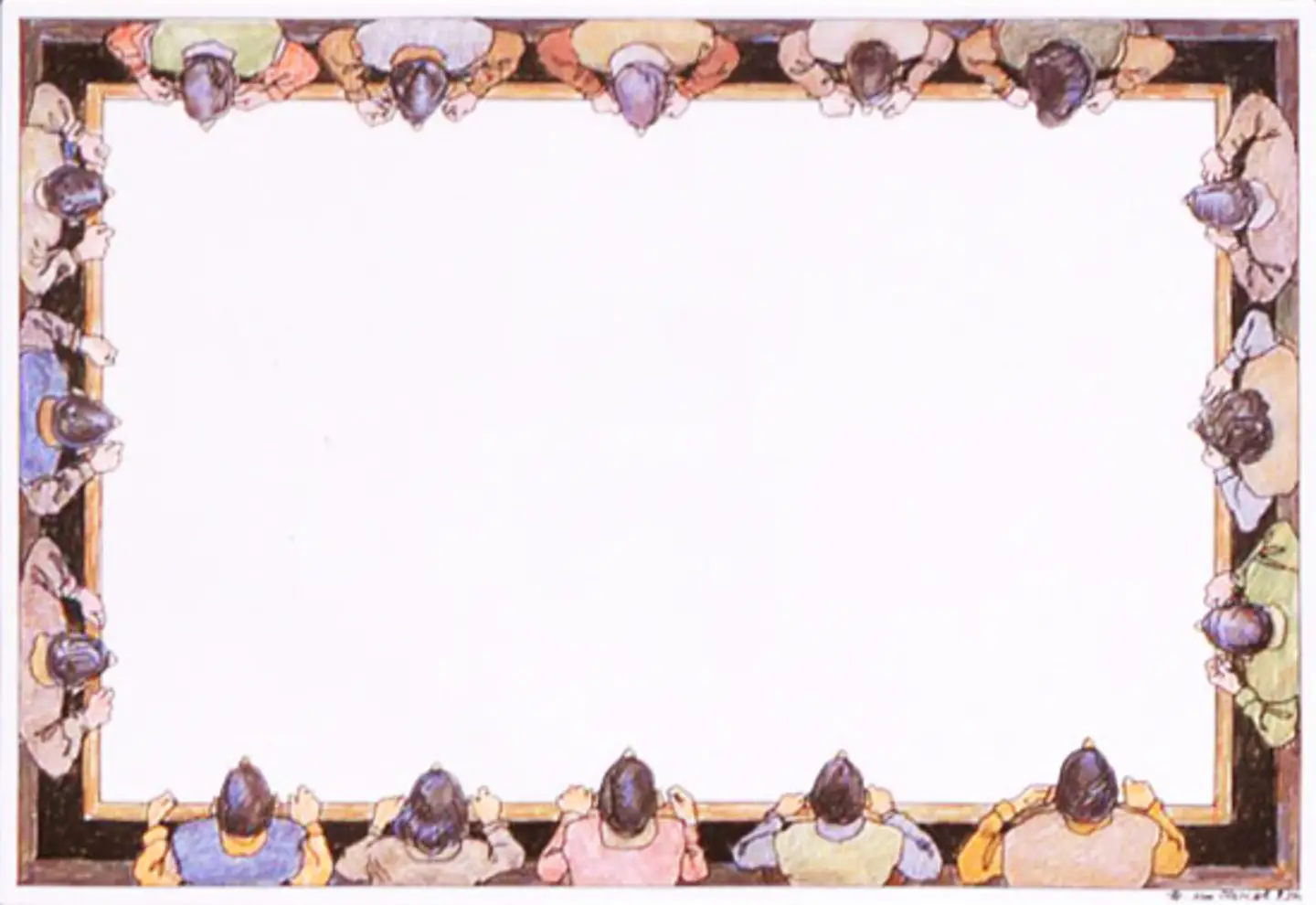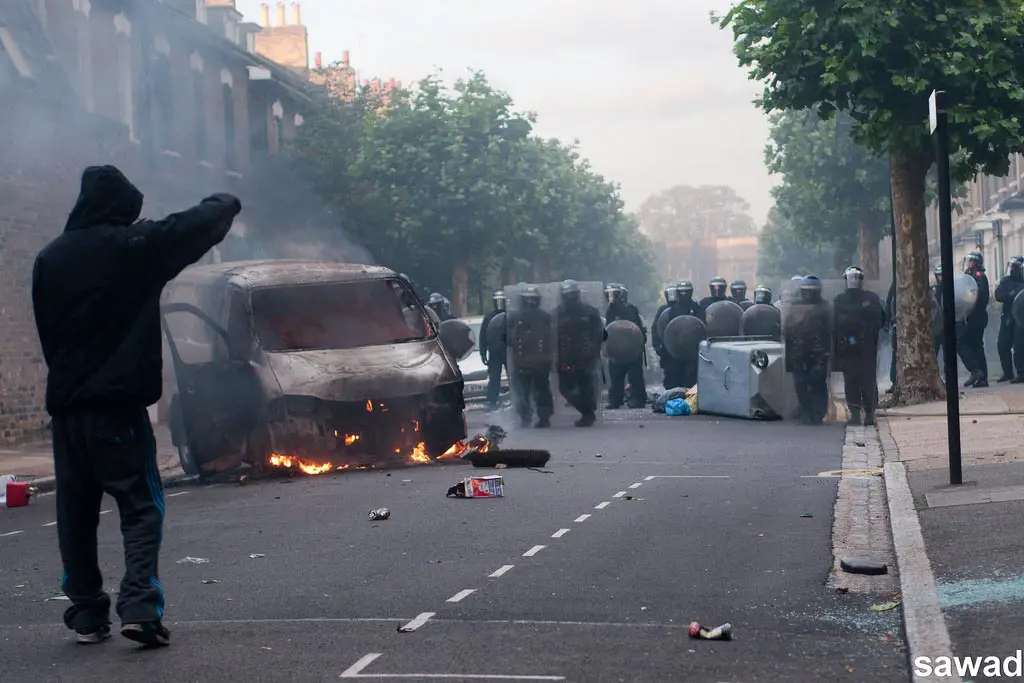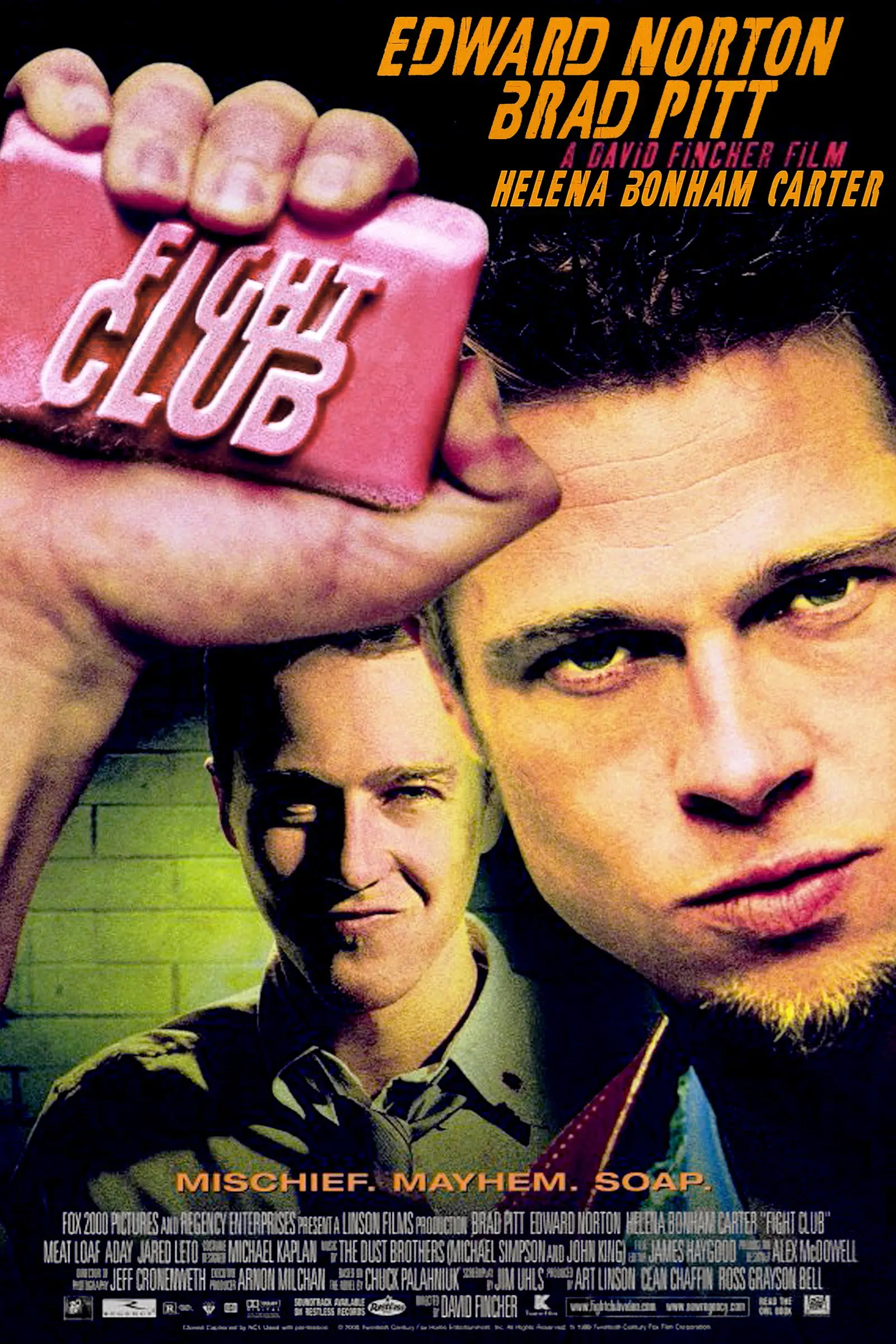One of the standard critiques of Hegel, first formulated already by the “young Hegelians,” concerns the apparent contradiction between Hegel’s dialectical method and his system. While Hegel’s method approaches reality in its dynamic development, discerning in every determinate form the seeds of its own destruction and self-overcoming, his system endeavors to render the totality of… Continue reading Hegel versus Heidegger
Tag: against
Liberalism as politics for a race of devils
For liberalism, at least in its radical form, the desire to subject people to an ethical ideal – which is regarded as universal and thus universally binding – is the mother of all crimes, “the crime which contains all crimes,” for it amounts to the brutal imposition of one’s own view onto others, and is… Continue reading Liberalism as politics for a race of devils
Basic instincts: The rioters’ impotent envy
Repetition, according to Hegel, plays a crucial role in history: when something happens just once, it may be dismissed as an accident, something that might have been avoided if the situation had been handled differently. But when the same event repeats itself, it is a sign that a deeper historical process is unfolding. When Napoleon… Continue reading Basic instincts: The rioters’ impotent envy
The only church that illuminates is a burning church
Why is theology emerging again as a point of reference for radical politics? It is emerging not in order to supply a divine “big other,” guaranteeing the final success of our endeavours, but, on the contrary, as a token of our radical freedom, with no big other to rely on. Fyodor Dostoevsky was aware of… Continue reading The only church that illuminates is a burning church
Why fear the Arab revolutionary spirit?
What cannot but strike the eye in the revolts in Tunisia and Egypt is the conspicuous absence of Muslim fundamentalism. In the best secular democratic tradition, people simply revolted against an oppressive regime, its corruption and poverty, and demanded freedom and economic hope. The cynical wisdom of western liberals, according to which, in Arab countries,… Continue reading Why fear the Arab revolutionary spirit?
Through the glasses darkly
John Carpenter’s 1988 film [amazon asin=B005EW42MQ&text=They Live], one of the neglected masterpieces of the Hollywood left, is a true lesson in the critique of ideology. It is the story of Nada – Spanish for “nothing” – a homeless labourer who finds work in Los Angeles as a construction worker. One of the other workers, Frank… Continue reading Through the glasses darkly
Notes on a Poetic‐Military Complex
[Abstract:] The predominance of religiously (or ethnically) justified violence can be accounted for by the very fact that we live in an era that perceives itself as post‐ideological. Since great public causes can no longer be used to incite mass violence, that is, since our hegemonic ideology calls on us to enjoy life and to… Continue reading Notes on a Poetic‐Military Complex
The Palestinian question: the couple symptom/fetish
There are two different modes of ideological mystification which should in no way be confused: the liberal-democratic one and the Fascist one. The first one concerns false universality: the subject advocates freedom/equality, not being aware of implicit qualifications which, in their very form, constrain its scope (privileging certain social strata: rich, male, belonging to a… Continue reading The Palestinian question: the couple symptom/fetish
Don’t Just Do Something, Talk
One of the most striking things about the reaction to the current financial meltdown is that, as one of the participants put it: ‘No one really knows what to do.’ The reason is that expectations are part of the game: how the market reacts to a particular intervention depends not only on how much bankers… Continue reading Don’t Just Do Something, Talk
The Violence of the Liberal Utopia
[Appeared in Distinktion: Journal of Social Theory, Vol. 9, No. 2, pp. 9-25 (pdf – paywall/subscription)] [Abstract:] While liberal capitalism presents itself as anti-utopia embodied, and today’s neoliberalism as the sign of the new era of humanity, which left behind the utopian projects responsible for the totalitarian horrors of the 20th century, it is now… Continue reading The Violence of the Liberal Utopia






